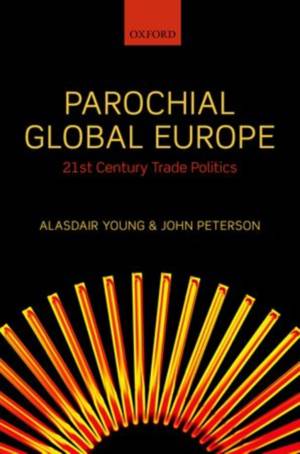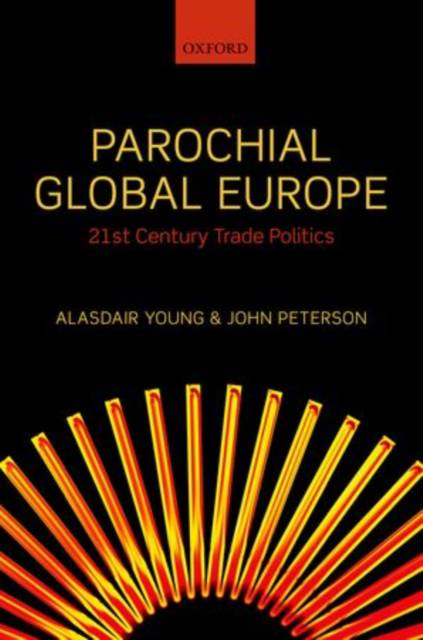
- Afhalen na 1 uur in een winkel met voorraad
- Gratis thuislevering in België vanaf € 30
- Ruim aanbod met 7 miljoen producten
- Afhalen na 1 uur in een winkel met voorraad
- Gratis thuislevering in België vanaf € 30
- Ruim aanbod met 7 miljoen producten
Zoeken
Parochial Global Europe
21st Century Trade Politics
Alasdair R. (Associate Professor, Associate Professor, The Sam N, John (Professor of International Politics, Professor of Internat
Hardcover
€ 182,45
+ 364 punten
Omschrijving
Parochial Global Europe focuses centrally on modern, 21st century trade policy. It also sheds light on the EU as a global actor by analysing its use of trade policy as a tool of foreign policy from promoting development, to encouraging human rights and environmental protection, to punishing security threats.
Specificaties
Betrokkenen
- Auteur(s):
- Uitgeverij:
Inhoud
- Aantal bladzijden:
- 292
Eigenschappen
- Productcode (EAN):
- 9780199579907
- Verschijningsdatum:
- 17/04/2014
- Uitvoering:
- Hardcover
- Afmetingen:
- 164 mm x 242 mm
- Gewicht:
- 604 g

Alleen bij Standaard Boekhandel
+ 364 punten op je klantenkaart van Standaard Boekhandel
Beoordelingen
We publiceren alleen reviews die voldoen aan de voorwaarden voor reviews. Bekijk onze voorwaarden voor reviews.







